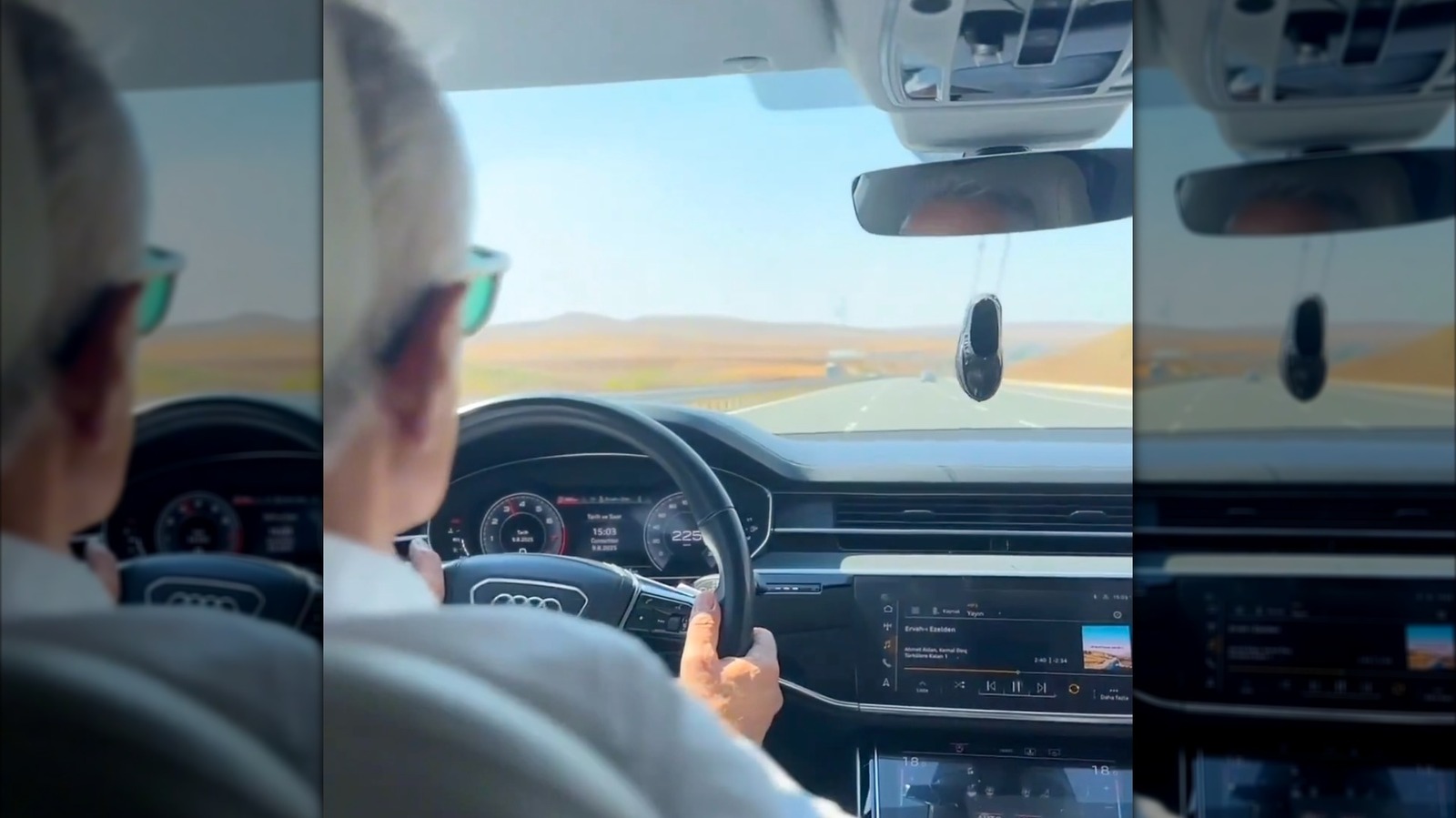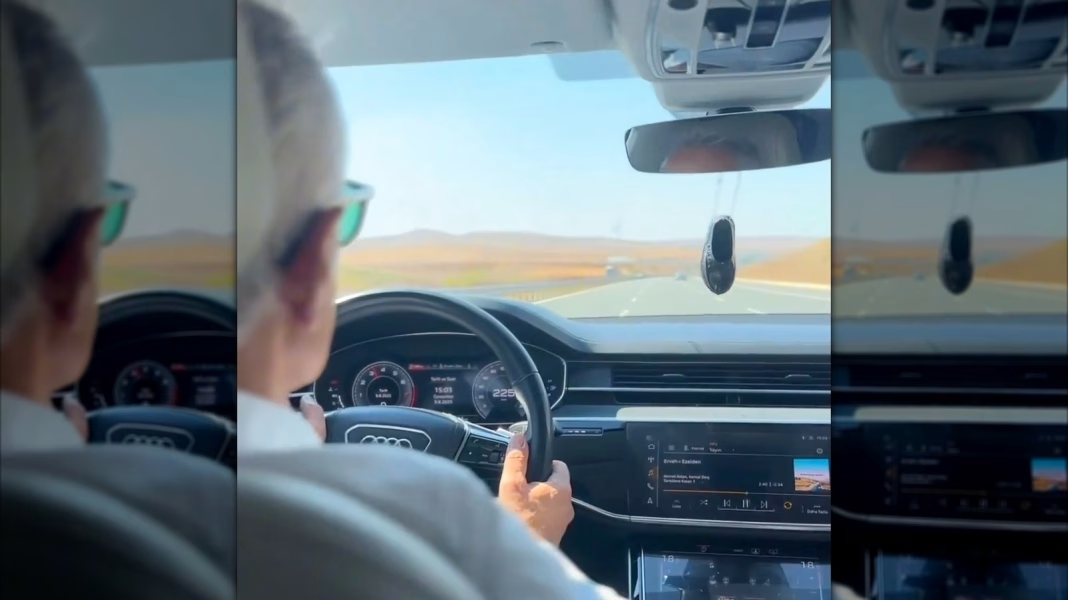What Happens When a Public Official Breaks the Speed Limit?
When a country’s transport minister is caught speeding, it raises more than a few eyebrows. Recently, Abdulkadir Uraloğlu, Turkey’s Minister of Transport, posted a video of himself driving at 140 mph on a Turkish highway—far above the posted 85-mph speed limit. The incident quickly made waves, not just because of the speed, but because of who was behind the wheel.
Why Do Public Figures’ Actions Matter More?
Let’s be honest: most people have pushed the speedometer a little past the limit at some point. But when a public official, especially one responsible for transport policy and safety, is seen breaking the rules, it sends a mixed message. People look to their leaders for guidance, and actions often speak louder than words. In this case, Uraloğlu’s video didn’t just show a fast car—it highlighted a disconnect between policy and personal behavior.
How Do Speeding Laws Work in Turkey?
Turkey’s highways are known for their modern infrastructure, but speed limits are strictly enforced. The standard limit on most highways is 140 km/h (about 85 mph). Exceeding this can result in hefty fines, points on your license, or even temporary suspension. According to the Turkish General Directorate of Security, over 1.2 million speeding tickets were issued in 2023 alone, reflecting a nationwide push for safer roads.
What Are the Real Risks of Driving at 140 mph?
Driving at 140 mph isn’t just illegal—it’s dangerous. At these speeds, reaction times shrink, braking distances grow, and the margin for error disappears. According to the World Health Organization, the risk of a fatal crash increases exponentially with speed. Even in high-performance vehicles, road conditions, unexpected obstacles, or other drivers’ actions can turn a thrill ride into a tragedy in seconds.
How Did the Public React to the Minister’s Video?
The reaction was swift and, frankly, unforgiving. Social media buzzed with criticism, with many Turks questioning whether the law applies equally to everyone. Some saw it as a reckless stunt, while others worried it might encourage copycat behavior. Public trust in officials hinges on accountability, and moments like this can erode that trust if not addressed transparently.
What Consequences Did the Minister Face?
Unlike some stories where officials seem to dodge repercussions, Uraloğlu did receive a speeding ticket. Turkish authorities confirmed that the fine was issued, and the incident was logged just like any other traffic violation. While some critics argue that a ticket isn’t enough, it’s a rare example of a high-profile figure being held to the same standard as ordinary citizens.
Why Is This Incident a Wake-Up Call for Road Safety?
This episode is more than just a viral video—it’s a reminder of the ongoing struggle to promote road safety. Turkey has made significant progress in reducing traffic fatalities over the past decade, but speeding remains a leading cause of serious accidents. The European Transport Safety Council notes that countries with strict enforcement and visible leadership tend to see the biggest improvements in road safety.
What Can Everyday Drivers Learn from This?
If there’s one lesson here, it’s that no one is above the law—or the laws of physics. Speed limits exist for a reason, and even the most skilled driver can’t outsmart the dangers of excessive speed. Next time you’re tempted to put your foot down, remember: even the transport minister can’t escape the consequences.
The big takeaway? Road safety isn’t about perfection—it’s about smarter adjustments. Start with one change this week, and you’ll likely spot the difference by month’s end.


